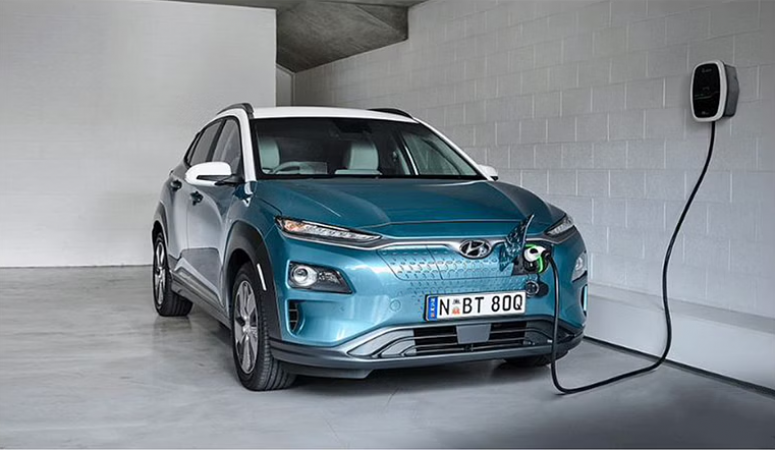
New Delhi: Many motorists believe common myths about electric cars, even if they are not true, so experts are advising drivers to disregard them.
In light of the government's 2030 ban on the sale of new gasoline and diesel vehicles, drivers will have to decide when to switch to electric vehicles. More than one in five people support the 2030 target, but 13% and 22%, respectively, believe it should happen earlier and later.
Despite the government describing the ban as a "historic step" towards Net Zero, more than one in three people do not agree at all.
In September 2022, there were over 570,000 battery-electric vehicles on the road.
Also Read: BMW profits increase as luxury car prices rise
2018 saw the largest annual increase in registrations, with over 395,000 battery-electric cars registered; This indicates a growth of 92 percent in 2020.
Some of the most prevalent and well-known EV myths were debunked by Professor Peter Wells, Director of Cardiff University's Center for Automotive Industry Research.
Conspiracy Theory: EVs Can't Go Away
According to research, 71% of drivers are hesitant to switch to an EV because they are concerned about traveling long distances.
According to Professor Wells, the latest mid-priced EVs have a range of about 200 miles on a full charge, although it's true that EVs have a slightly shorter range when fully charged than petrol cars.
"Considering that for the first three years, the average car travels about 28 miles per day, this is more than enough for most drivers," he continued. Charge point infrastructure is rapidly improving in terms of coverage, availability, reliability and speed of operation, making long-distance management easier.
EVs are too expensive
Admirals advise that even though pure electric cars may cost more initially than their gasoline or diesel counterparts, users can still save a lot of money in other areas.
“EV owners can save a significant amount on tax over the years because they are zero-rated,” says Claire Egan, head of motor at Admiral. It's also important to note that since EVs have fewer moving parts, fewer things can go wrong, resulting in up to 70% reduction in maintenance costs.
"The number of options exercised is also increasing as more EVs are released into the market."
Battery drain problems occur when you use facilities such as your air conditioner, heater, wipers or radio
Two-thirds (67%) of respondents to Admiral's survey thought using a car's heating or wipers could discharge an EV's battery more quickly.
However, Professor Wells stresses that this is not unique to EVs and that using your radio or windshield wipers will not have a significant impact on the EV's battery. However, using heating or air conditioning will help with this.
Also Read: Govt of Puducherry launches dengue, chikungunya awareness campaign
According to him, using an air conditioner will typically increase fuel consumption by 4% over a typical petrol vehicle, so EVs are not exceptional in this regard. Because the indicated available range will decrease, it will be more pronounced in an EV.